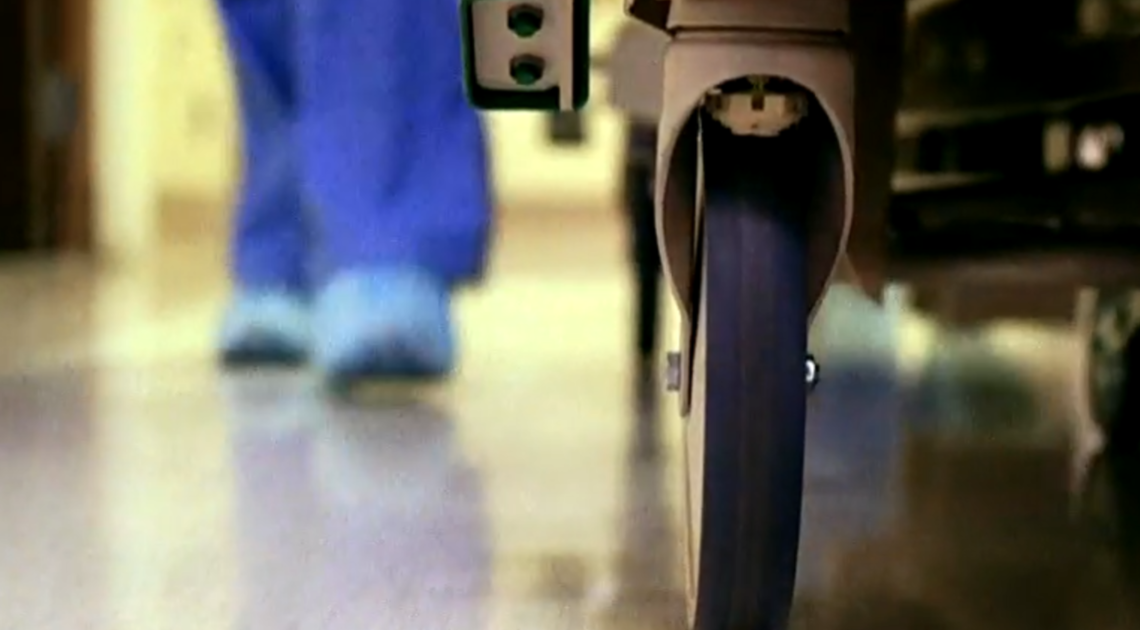Watch the CBS Reports documentary “No Place Like Home” in the video player above.
More than 16,000 people with intellectual and developmental disabilities, or IDD, are housed in institutions in the U.S., reports the Residential Information Systems Project. While that’s significantly lower than nearly 200,000 people in the 1960s, there is more work to be done, says disability rights activist Rebecca Cokley.
Cokley, currently working as the disability rights program officer at the Ford Foundation, was born with achondroplasia, a common cause of dwarfism.
“We know that people with disabilities have a constitutional right…to live in the community,” she told CBS News, pointing to the 1999 Supreme Court ruling in Olmstead v. L.C. “The promises made to make that transition to the community successful and possible for people with disabilities have never truly been fulfilled.”
Patrick Cokley, her husband, is a senior program officer at the Robert Wood Johnson Foundation. Patrick has low vision and he and Rebecca are parents of children with disabilities.
“It is against the basic civil and human rights that we have established are a key part of American identity,” he said. “Community living should be the rule, rather than the exception.”
A 2011 review of 36 studies showed nearly 5,000 people with IDD found positive change after moving from large institutions to community living.
Institutions also serve as a reminder that when we create structures that are separate, they are rarely equal, a concept with roots in racism and slavery, the Cokleys say.
“That notion of dangerous paternalism has led the United States down a path… that certain people aren’t fit to be in society,” Rebecca said. “There has been a movement to lock those people away — to forget that those people exist — under the auspices, ‘Well, it’s better for them.'”
Ableism in health care still exists
“I don’t want to live in the institution,” 19-year-old Erin Compton, who lives at home with her family in Illinois, told CBS News. “It makes me feel discriminated against.”
Not only was Erin born with Down syndrome, she also had a heart condition and gastrointestinal issues. When Erin was 10 months old, the doctor wanted to do a “very extreme” procedure to install a feeding tube, her mother, Diane, said.
“His reasoning was that way, when she’s in the institution, she’ll always get the nourishment she needs,” she told CBS News. “His view of…
Click Here to Read the Full Original Article at Home – CBSNews.com…

